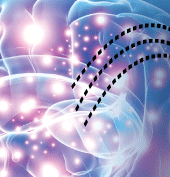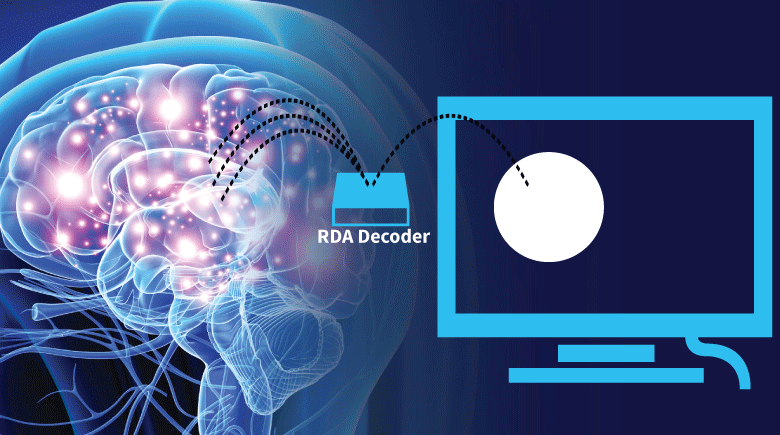Jinyin Zhang, Xin Li, Stephen T. Foldes, Wei Wang, Jennifer L. Collinger, Douglas J. Weber, Anto Bagić, Carnegie Mellon University, & University of Pittsburgh, USA
Magnetoencephalography (MEG) decoding is a critical tool for many neuroscience studies and neuroengineering applications, such as brain computer interfaces (BCI). Conventional decoding techniques aim to distinguish different brain states with maximal accuracy, while the brain signals used for decoding may arise from widely distributed cortical regions. Today, a number of emerging applications suggest a strong need to re-visit this conventional strategy as these applications require decoding brain states by signals from pre-specified cortical regions. For instance, in a visually-guided motor study, a human subject is asked to move his hand by following a visual cue that may stimulate neural activity in the visual cortex. Hence, it is extremely important to isolate the brain signals from the visual cortex and use only signals from the motor cortex for decoding. For this reason, we need a new tool to extract the discriminant information from pre-specified cortical regions for brain decoding while suppressing irrelevant signals originating from other cortical areas.
Towards this goal, we propose a novel region-of-interest-constrained discriminant analysis algorithm (RDA). RDA integrates linear classification and beamspace transformation into a unified framework by formulating a constrained optimization problem. The efficacy of RDA has been validated by the experimental results based on several human subjects. The proposed RDA tool offers a promising solution for multiple important applications. It may be used to train a target cortex during neurorehabilitation, study the functional roles of different cortical regions, or assist pre-surgical localization for patients with neurological disorders. More details about the RDA algorithm can be found in the article.
Keywords: magnetoencephalography (MEG), decoding, discriminant analysis, regions of interest (ROI)


